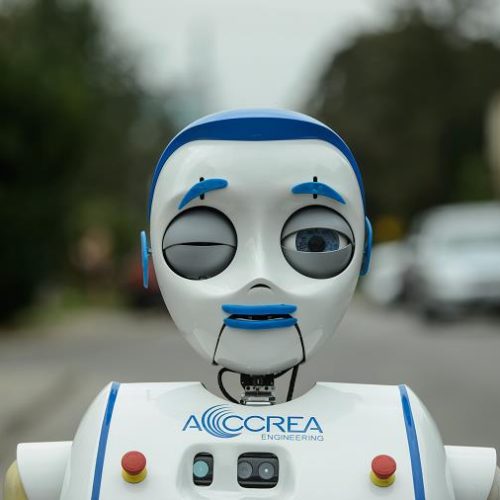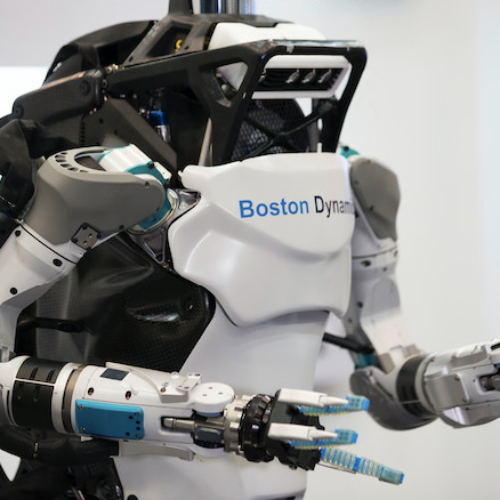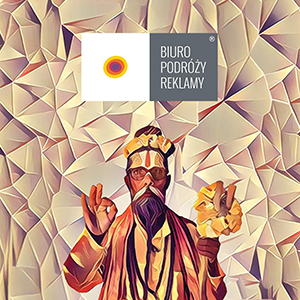This Robot Makes Doctor Visits Less Terrifying for Kids
Nobody (almost nobody) likes getting stabbed with needles, and kids seem to especially hate it. Getting vaccinated is an unpleasant process for everyone concerned, including the kids, their anxious parents, and nurses and physicians who are just trying to do their job. There are ways to coach all parties involved to be better at dealing with scary and painful procedures, and that’s where robots might help. Robots, with the proper programming, have proven (like, peer-reviewed proven) that they can be very effective pain coachesRxRobots, a spin-out of the University of Calgary, is using Nao robots to help coach kids through simple medical procedures that are likely to cause them pain and distress, like anything that involves needles. It’s not just that kids don’t like getting vaccinated; some of them scream, puke, or attempt to flee and have to be restrained. According to RxRobots, studies have shown that kids who have a traumatic experience like this will be less likely to seek out medical care when they get older.
Seems simple enough, but MEDi’s interactions are the result of some serious cognitive-behavioral research, and it also helps that most kids are like, “Hey, cool, a robot!”
A 2013 study on a group of 57 kids with chronic medical conditions and a moderate to severe fear of needles found that MEDi could reduce pain and distress by up to 50 percent, and “children recovered more quickly, smiling and relaxing almost immediately after the needle was removed, unlike children in the control group, who remained upset and often would not speak with their parents or nurses afterward.”
In addition to vaccinations, MEDi is being used to coach kids through getting blood drawn, which tends to be more distressing than a vaccination. And there are a lot more possibilities here, since Nao is so easy to program: MRIs, chemotherapy, rehab, even the dentist’s office could benefit from friendly, helpful, and distracting little robots. It’s not just for kids, either: personally, I’d feel a lot better getting poked and prodded if I had my own robotic coach to help me through it.
Source: www.spectrum.ieee.org
You might also like
IURO
IURO (Interactive Urban Robot) – Is a part of the EU-STREP project IURO (Interactive Urban Robot), supported by the 7th Framework Programme of the European Union, ICT Challenge 2 Cognitive
Meet The Man Who Uses Robotics To Make Music!
Meet Moritz Simon Geist, the man who uses robotics to make music. He is an upcoming DJ of sorts who is making huge waves at the moment with his innovative
Boston Dynamics Atlas Becoming a Ninja!
Three years ago, Boston Dynamics released its first showcasing of the Atlas robot which absolutely stunned the world. It was the most advanced mobile humanoid robot so far, and this



